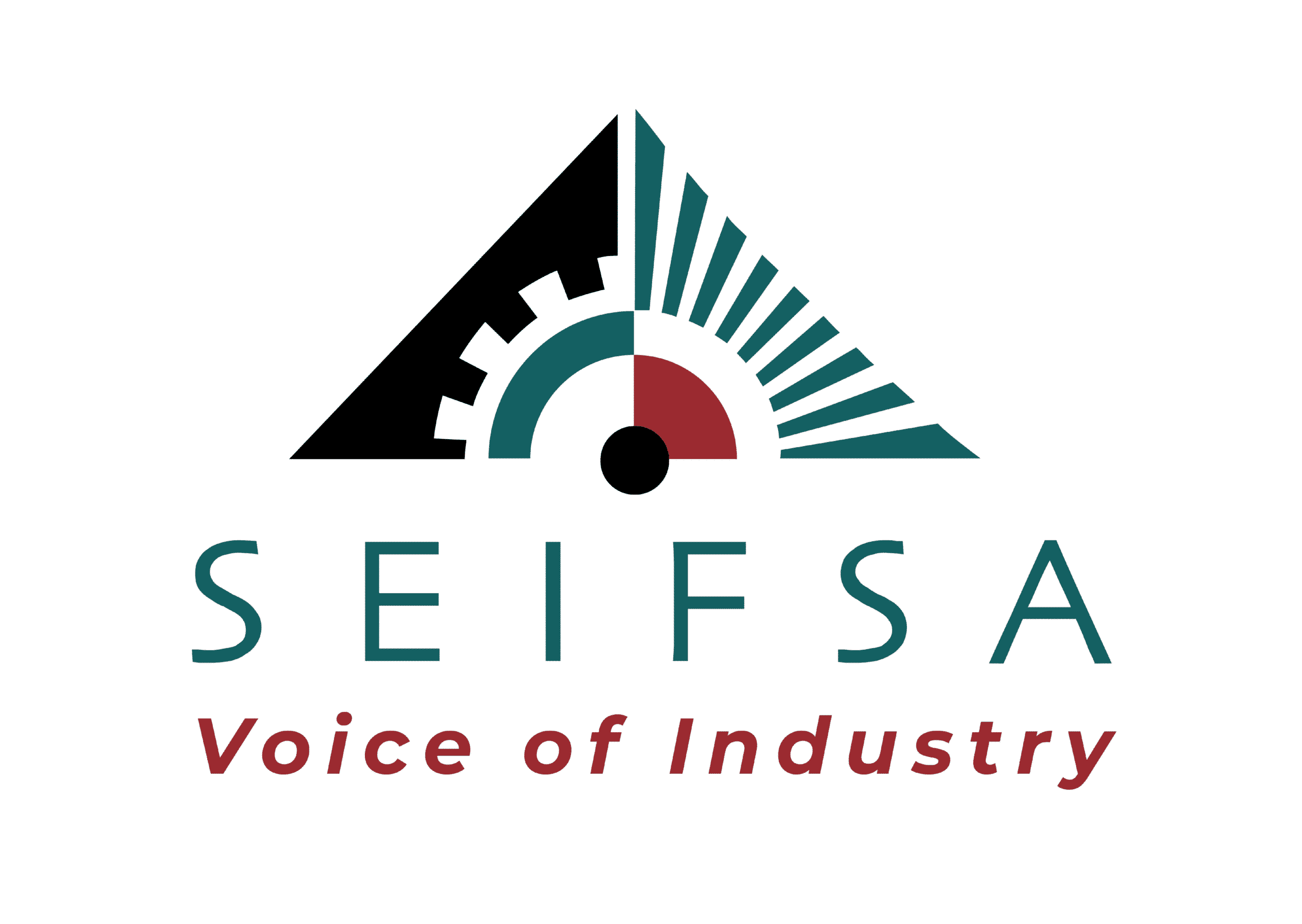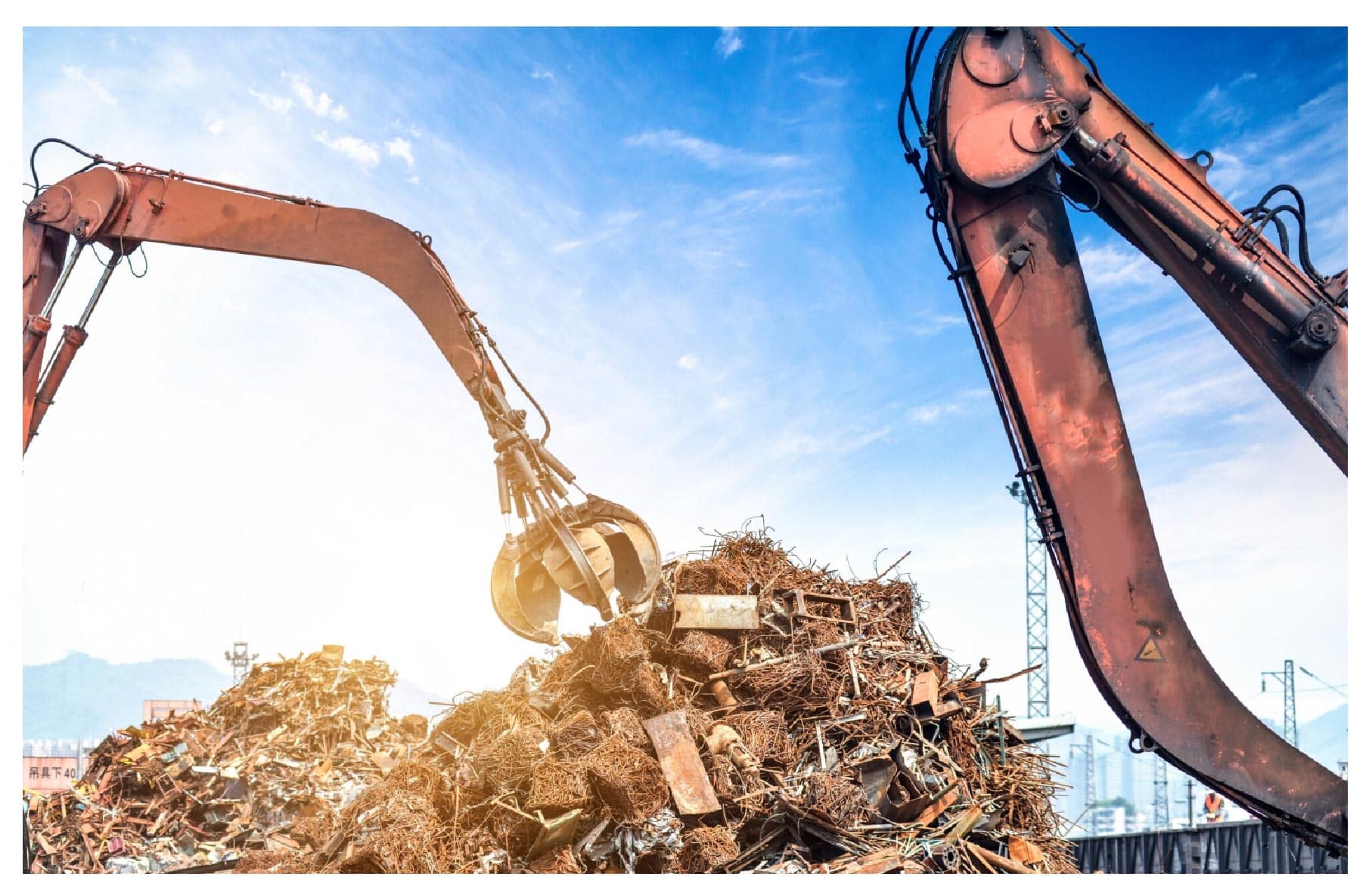On 12 July 2024 the Civilian Secretariat for the Police Service published an invitation for public comments to proposed amendments to the Regulations to the Second-Hand Goods Act.
SEIFSA as a Federation represents 18 Employer Organisations, who collectively represent in excess of 1300 companies and employ approximately 170 000 employees in the sector. The federations affiliated membership constitutes the entire metals value chain from metal production, merchants, metal fabrication, heavy and light engineering.
SEIFSA will be providing detailed comments in due course but wishes to provide its opinion on two main and critical issues and themes which emerge from the proposed amendments and which we believe:
- are not proportionate nor appropriate industry regulation to achieve the desired ends and minimize resultant harm; and
- will have severe unintended consequences and will offer no further assistance to Government to achieve the aims and objectives of the draft policy on measures to restrict and regulate trade in Ferrous and Non-ferrous metals waste, scrap and semi-finished ferrous and non-ferrous metal products to limit damage to infrastructure and the economy.
Enhanced Reporting Requirements
The proposed amendments envisage an enhanced reporting system which will require the submission of monthly electronic reports via the Metal Trading System (MTS) showing all purchases and sales of metal products. Whilst we support reasonable and rational reporting requirements to track the trade in scrap and waste metal (which are already required under the Second-Hand Goods Act), the submission of the very granular detail envisaged under the MTS has not and cannot be accepted by industry in its current form and its attempted introduction under the guise of an amendment to the Regulations of the Second-Hand Goods Act is not action in good faith.
There are a number of critical concerns regarding the proposed MTS and required information disclosure which we believe:
- render the required information disclosure open to legal challenge and review on the grounds of it being disproportionate, irrational , unreasonable and ineffective and not being the rational modus/response for curing the mischief that it is intended to curb;
- raise serious issues of disclosure and abuse of confidential and proprietary information which concern has been exacerbated by the security breach suffered by DTIC on 2 January 2024;
- will not assist the authorities as those involved in illicit trade will totally ignore and disregard any such requirements because criminal activity can never be managed by way of regulation. Regulations are adhered to by responsible and law-abiding citizens. Criminal activity requires efficient and stringent policing and the imposition of severe penalties and sanctions. Policing of illegal operators and illegal activity and criminality in the whole value chain across all metals in South Africa must be far better implemented and enforced in order to curb metal related crime in South Africa; and
- raises grave concerns over the disclosure of proprietary information to and possible abuse by individuals from government departments and law enforcement agencies who have been accused of being allegedly complicit in criminal conduct and/ or activities but have yet to be removed from their positions of authority.
Elimination of cash for all transactions
We are most concerned that the prohibition on the use of cash in scrap and waste metal transactions will result in unintended economic consequences and hardship for the informal sector/ waste pickers who comprise a large bona fide segment of the supply/ value chain.
The proposed blanket prohibition will threaten the very existence and viability of these bona fide and law-abiding participants and ultimately sterilise this critical component of the supply chain (approximately 350 000 waste pickers per DTIC published figure) and lead to economic devastation/ welfare ruin and enhanced poverty for these operators and all those many millions of our people who rely on them for economic support.
The vast majority of these waste pickers are not criminals dealing in stolen material but rather legitimate self-employed individuals who are desperately trying to eke out a lawful living collecting untainted scrap metal from legitimate sources and supplying it to registered dealers. These individuals from the informal sector, many of whom are unsophisticated and do not have the means cannot be expected to establish bank accounts or put in place other costly and sophisticated mechanisms/ channels for the receipt of funds electronically.
The major contributing factor by far to the damage to infrastructure stems from the procurement and trade in tainted copper and we believe that the aim of the draft policy on measures to limit damage to infrastructure and the economy will still be met and will not be undermined if allowance is made for this segment of the supply chain to be paid:
- in cash for all scrap and waste metal other than copper scrap and waste; and
- be paid in cash for copper scrap and waste but limited to R10 000 per transaction
We believe that it would be very unwise to eliminate this critical and crucial part of the supply chain who represent the very foundation of most recycling activities.
Next Steps
We believe that further constructive and meaningful engagement with the Minister and industry stakeholders must take place to find a path for greater self–regulation and pave the way for a lasting solution to eliminate theft and damage to infrastructure in a manner that is workable for all players so as to avoid the unintended consequences that some of the draft policy regulations will yield.
Rigorous and ineffective regulation yielding unintended consequences is not a desired outcome for all bona fide participants in the sector and indeed the economy of South Africa as whole.
Elias Monage is the President of the Steel and Engineering Industries Federation of Southern Africa, SEIFSA

